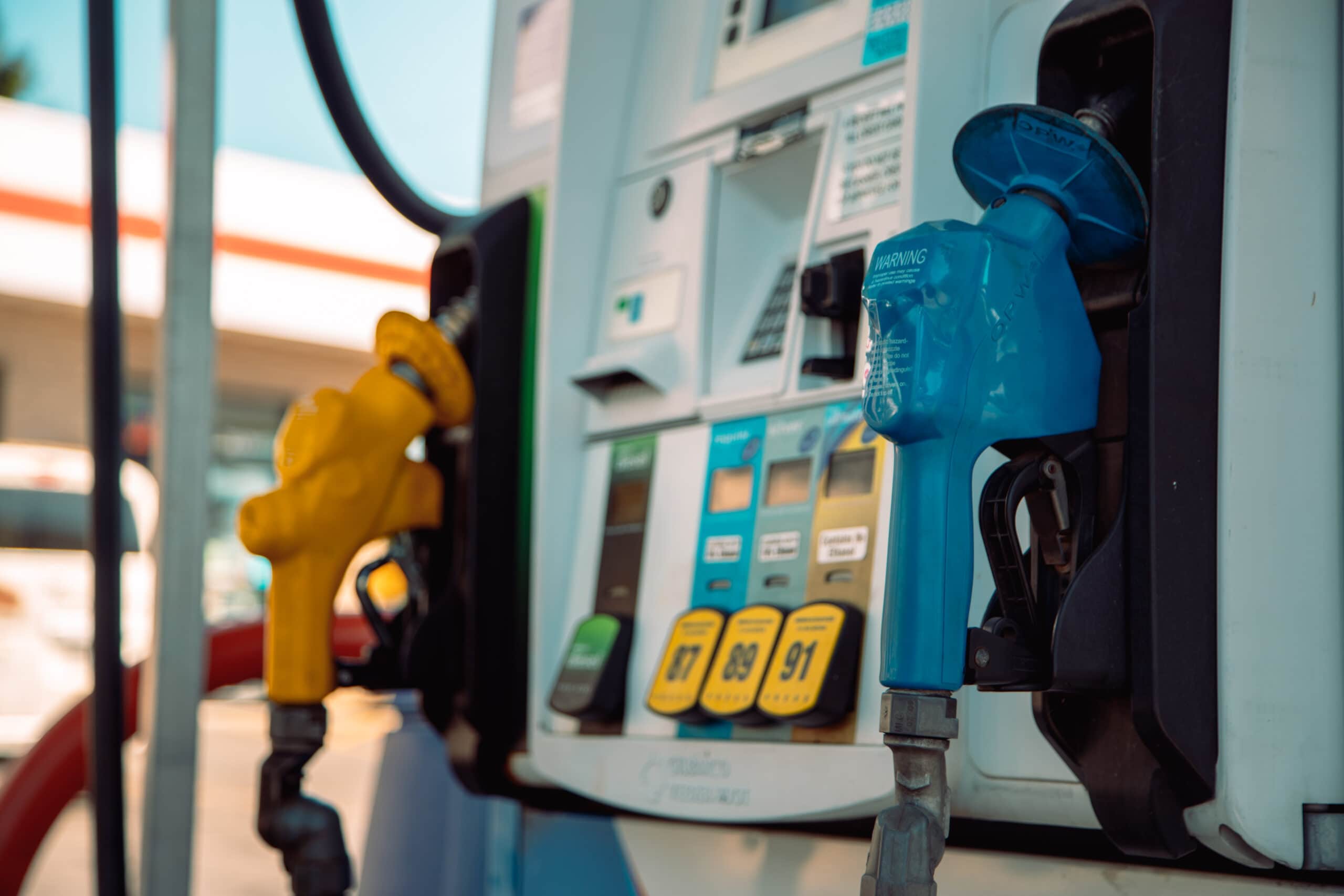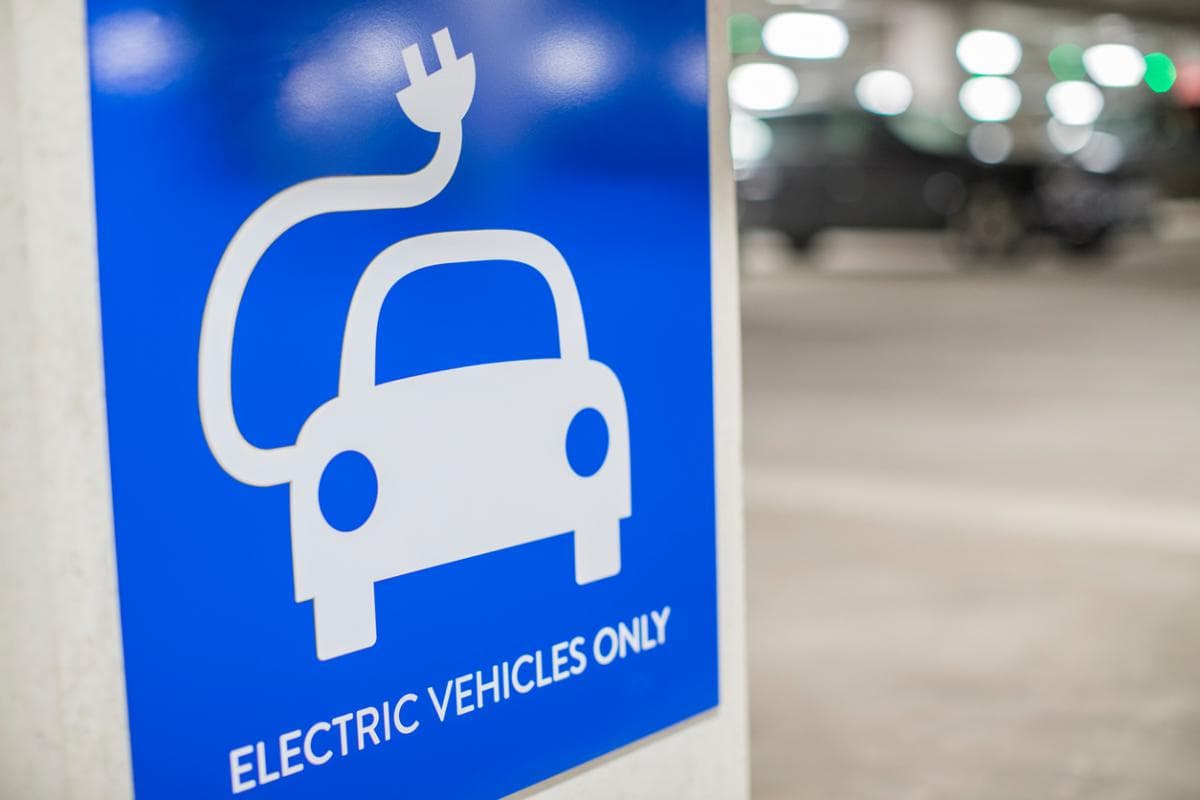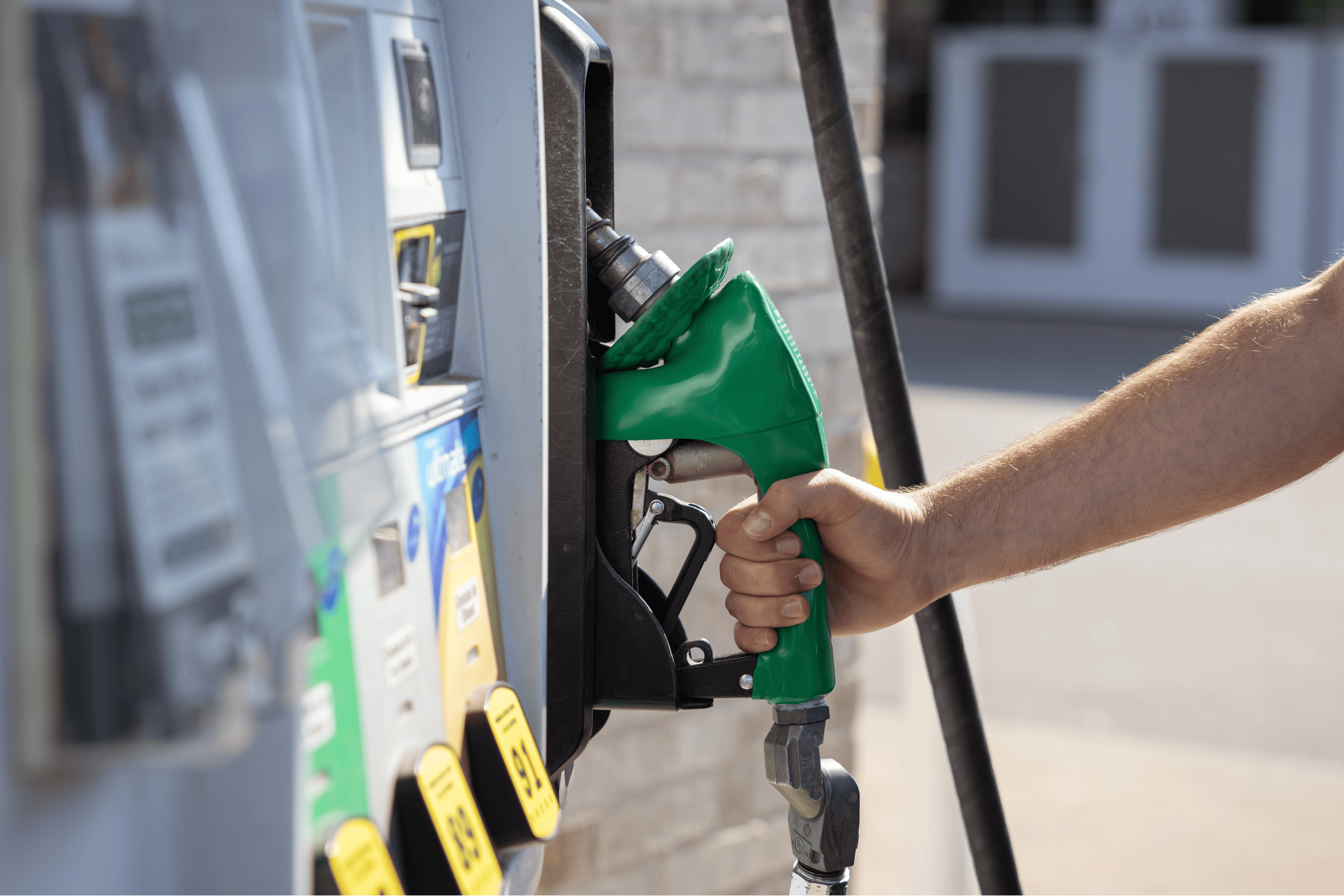Education Center / Top 5 Questions C-Stores Should Ask When Considering a Jobber
Blog
Category: Retail
Top 5 Questions C-Stores Should Ask When Considering a Jobber
Selecting a jobber for your convenience store is an important decision, but it doesn’t have to be a difficult one. Who you partner with determines what resources, support, and growth opportunities you’ll have. To guide that process, here are five questions you should ask when looking for a new jobber.
1. Does Your Jobber Offer the Right Brand for You and Your Customers?
Every jobber has partnerships with select major oil brands. However, not every brand offers the same benefits, programs, or rebates. That means you have to select the brand that is right for each of your locations. For example, just because a brand can offer more upfront money than another, if it is a lesser-valued brand, customers may be less likely to purchase fuel from your store.
Ultimately, you should look for a jobber who offers a variety of brands and will recommend the best one for you given your geography and customer base. While you may receive more attractive offers from some brands, you need to ask what will best support your long-term strategy rather than what will derive the most immediate benefit.
2. How Easily Can You Get Support from Your Jobber?
Most contracts with major oil companies are seven to ten years long. Once you sign a deal, you are locked into the terms (and the jobber) for an extended period. That’s why it’s important you determine what kind of access you’ll have to your jobber. Do they let you know about major oil programs? Help optimize your store’s performance? Share relevant industry trends and programs?
If you only see or talk to your jobber when your contract is coming due, you aren’t getting enough out of that relationship. You should look for a partner who provides dedicated account and sales representatives who can assist you in analyzing growth opportunities, answering industry-related questions, and helping your business be as profitable as possible.
3. How Established is Your Jobber in the Industry?
We know making a fuel-supply commitment with a jobber is a big decision, so it never feels good to see your contract sold to a different jobber you’ve never worked with, or even worse, someone you don’t want to work with. However, over the past several years, we’ve seen just that. More news headlines feature stories about jobbers being acquired across the country.
To protect yourself, you should look for a jobber who has been in the retail business for decades and has invested in other segments of the fuel supply chain—including fuel transport, terminal storage, and pipeline interconnects. Additionally, you’ll want to be sure they have an established succession plan for their company as well as a future growth strategy. If your jobber is owned by someone who is nearing retirement, has no children or team members who are prepared to take over, and has a small staff, those can be warning signs that your contract may be sold or become void when the owner steps down. Finally, you want to work with a jobber who has industry connections. Seek out a company whose team members serve on boards for the associations that matter to you, so they can advocate for relevant policy on your behalf and bring new insights back to you.
4. Can Your Jobber Help You Adjust to an Ever-Changing Energy Environment?
The energy landscape continues to evolve in terms of solutions offered, policy and regulations, and beyond. During this evolution, your c-store must remain relevant to your customers and their evolving needs.
While you may be looking for a standard gas and diesel contract now, you could be in a region that would benefit from additional energy solutions: renewable diesel, compressed natural gas, or electric charging to name a few. If your jobber isn’t positioned to offer you alternatives or provide guidance that helps you innovate as new opportunities arise, it may be time to consider partnering with someone who is.
5. Does Your Jobber Compete with You?
Most jobbers own their own c-stores. While this allows them to relate to what it takes to work with multiple vendors, tackle staffing, and handle back-office tasks, there’s a key consideration you need to keep in mind. If they own and operate convenience stores in the same area as you, they’re in direct competition with your stores—meaning they can’t always put your needs first.
This is why some jobbers like U.S. Energy who previously owned convenience stores have since left that model. This allows them to focus solely on their customers’ success rather than their own retail operations.
Next Steps?
Whether you’ve been in the business for years or are new to running convenience stores, we know how important it is to plan for the future while meeting the needs of your customers today. At U.S. Energy, we’ll meet you where you’re at and help ensure you have the support and solutions needed to remain competitive in the markets you serve into the future. To learn more about how we can help, reach out to our team.



